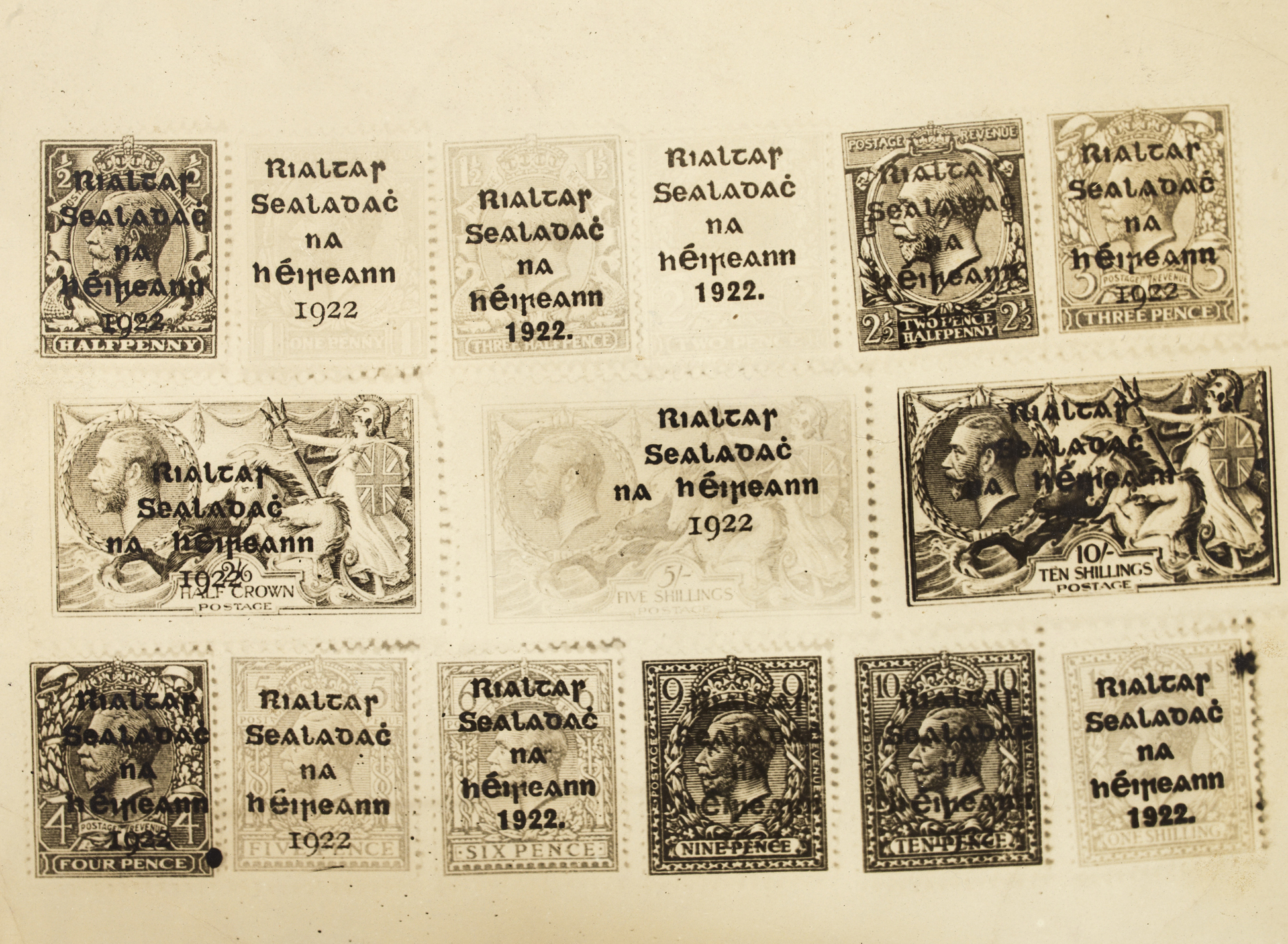Members of ’flying column’ charged with paying for goods with stolen Free State stamps
Dublin, 16 January 1923 - Four men, described as being ‘Irregular’ troops or members of a ‘flying column’, appeared in Court yesterday on charges of stealing thousands of pounds worth of stamps and assaulting a railway guard.
It is alleged that the four young men - Joseph Keogh, William Flynn, Thomas Ryan and Joseph Ryan - were armed with revolvers and rifles on July 27th last when they assaulted Michael Allen and stole postage stamps valued at £2,570.
This is believed to be the first time that a railway raid, which have been rampant throughout the country, has been brought before the Court. Indeed, the only reason the case appeared before the Court was due to the fact the alleged incidents occurred as far back as July - since then, the Free State Government had passed other legislation and cases of this sort were dealt with elsewhere.
The alleged theft occurred when the Dublin and South-Eastern Railway Company’s train from Wexford to Waterford was ‘held up’ at 4.15am near Palace East by a group of 40-50 armed men who looted the train of goods and property, including a large parcel of Free State stamps.
It was argued in Court that the stamps were then sold around the locality and that goods were purchased in Dublin that were paid for in stamps. Amongst those providing incriminating evidence was a witness who worked in the boot department of Messrs Jackson, Dublin, who told of receiving a letter from Joseph Ryan asking for boots to be forwarded to him for stamps which he enclosed.
The prisoners, who were not represented, pleaded not guilty to the charges. After a long delay, the jury found the accused not guilty on the first charge of taking part in the attack on the train, but guilty on the second and third charges of larceny and receiving stolen goods. In a written document that was submitted to the Court, the jury added that it was of the opinion that firms and individuals who accepted large sums of money for goods in the form of postage stamp payments deserved greater punishment for not - in view of the large number of post office robberies - making inquiries as to where senders received the stamps.
[Editor's note: This is an article from Century Ireland, a fortnightly online newspaper, written from the perspective of a journalist 100 years ago, based on news reports of the time.]





















